Chairman of selectors Dilip Vengsarkar gives his thoughts on the year ahead
DURBAN: In 2006, there was a change of guard in one of the top jobs in Indian cricket.
Kiran More finished his tenure as the chairman of the national selection committee giving way to former India captain, Dilip Vengsarkar. And the man who’d mastered Lord’s with three centuries seems to have entered his new role with equal gusto.
After his first selection meeting, he had made a statement that, in many ways, has set the tone for his time in the hot seat. He had said that there was “no exceptional talent” in India. Many took exception to this statement but, a few months on, Vengsarkar isn’t budging from his stand. “We always think that because there are so many people who play domestic cricket in India, we have a lot of talent,” he told DNA in Durban. “That isn’t true.”
His job in 2007, however, is to leverage on what they do have at their disposal and bring home the trophies.
The year hasn’t ended the way he would have hoped. Instead of going to Cape Town with a series win, or at least knowing that it can’t be lost, India have a battle on hands in the first week of the New Year.
A gritty start to 2007, however, will only harden the warriors for a long, arduous 12 months, where they have a World Cup and two tough tours ( England and Australia) to contend with. But, says Vengsarkar, should they return from these with success, Indian cricket will have turned a corner.
Excerpts from an interview where the chairman of selectors gives his thoughts on the year ahead:
What are the big challenges in 2007?
First thing is the World cup, it’s going to be a huge event. The (one-day) team is shaping up really well, although they had a bad time in South Africa here. But I’m sure the eight one-dayers (against West Indies and Sri Lanka at home) will make a big difference. I think the West Indies and Indian conditions are similar. I am sure that we will do much better there than we did in South Africa.
World Cup is a pressure cooker time for the team. What mindset should they approach it with?
The most important thing is to win the World Cup. Actually, win each and every game. That has to be the mindset. Each tour is different. Test cricket is different; one-day cricket is different. How you adapt to different games will be important. Winning is a habit. We have to form the habit
2006 was a time for tough decisions. 2007 won’t be any different...
When you take decisions, you have to be very honest. If you feel a certain thing has to be done, you have to do it. Sure, if XYZ thing goes wrong, there are repercussions, and there will be a backlash. So you have to absolutely sure about the whole thing. But if you are convinced, you have to go ahead and do it.
The Indian selection process has come up for constant criticism. Can we expect any changes?
Luckily, in this selection committee, there is the same wavelength among selectors and that makes your job easier. When selectors are pushing players from their zones, it becomes difficult. I, for one, believe that as selector, you must pick the best team for India. You should not bother about which state he comes from, which zone he belongs to.
What helps is that because of my role as TRDO, I know all the under-15 and under-17 players. I know all the players at the grass-root levels, who’re performing, how they are playing - I keep in touch with the coaches about who are the important players. Let me give you the example of Ishant Sharma. I have been in touch with Chetan Chauhan about how he is playing. And since Chetan has played with me, he will give me the correct feedback. See, those who played with me are now coaches. Their feedback is very important because it is not possible for me to be everywhere at all the time. Other selectors are there at other places but the inputs of the coaches also helps. There is always a chance that one good talent may get missed out. That is why you need good talent-spotters. Now, they have established a system where they have asked match referees to do the job of talent-spotters. I haven’t got any feedback yet about the u-15 and u-17 season but I hope I do.
The big concern you would want to address?
Wickets are our main worry. We must have bounce in our wickets and it’s not that we can’t produce them, but there is too much interference while making the wicket. The captain (of the concerned domestic side), for instance, may ask for the grass to be removed. The maali then feels obliged to the do what he’s asked to. All domestic matches should be at neutral venues, and they be made accountable for producing good wickets. Home advantage should be done away with.
How do you solve the opening problem?
Opening is a major concern for us because we aren’t getting good starts. But the options for us are limited. There aren’t many openers that can get into the side straight away. I think there is a need for good opening batsmen in India.
Is there a tough decision looming large for Virender Sehwag in 2007?
Sehwag is a fantastic player and he has a great record. But you can’t fail for a long, long time. I can understand if you are going through a bad patch or a good ball gets you out. But if you are playing badly, then it’s time to get into form. And the only way to come back is by scoring runs in the middle. At any level where you have a good attack bowling at you
You’d said that there wasn’t enough talent in India. Your solution to remedy that?
Our system and infrastructure is very good. But I feel everybody should play Duleep Trophy and Challenger. Unless and until Test cricketers play, these tournaments will not test the talent of the youngsters and others who are playing. We always think that because there are so many players playing in India, there is so much talent. That’s not true. But if Test players are allowed to play 6 weeks of domestic cricket every year, it will vastly improve the standards.
Also, one-day cricket at a young age has curtailed growth. They form bad habits, playing all kinds of shots, not building innings. BCCI has made a great decision by cutting down on one-dayers till the age of 17.
Some to-dos for 2007?
This year we have the World Cup. We go to England , Australia and then, New Zealand. We are far better off side than England, Australia don’t have Warne and McGrath. We hope to perform really well. If we win, then we’ll turn a corner.
Also, we need to induct some players who can become the future of Indian cricket. In the next three years or more, Sachin, Rahul, Kumble, Zaheer, Sourav, they will all retire at one time or the other. They will leave a big void. That should not happen. The gap should be easily filled.
![submenu-img]() Meet actress who is set to work in India's most expensive film, started career with superhit TV show, then gave..
Meet actress who is set to work in India's most expensive film, started career with superhit TV show, then gave..![submenu-img]() Hansal Mehta reacts to Sahara Group calling his series Scam 2010 The Subrata Roy Saga 'abusive act, cheap publicity'
Hansal Mehta reacts to Sahara Group calling his series Scam 2010 The Subrata Roy Saga 'abusive act, cheap publicity'![submenu-img]() Meet actor, who was once Aamir, Shah Rukh's rival, never became superstar, worked as hotel manager, is now...
Meet actor, who was once Aamir, Shah Rukh's rival, never became superstar, worked as hotel manager, is now...![submenu-img]() 9 killed, 24 injured as bus catches fire in Haryana's Nuh
9 killed, 24 injured as bus catches fire in Haryana's Nuh![submenu-img]() Meet actress who started career with Ranveer, Deepika, is married to man with Rs 53,800 crore net worth, husband is..
Meet actress who started career with Ranveer, Deepika, is married to man with Rs 53,800 crore net worth, husband is..![submenu-img]() Meet IIT graduates, three friends who were featured in Forbes 30 Under 30 Asia list, built AI startup, now…
Meet IIT graduates, three friends who were featured in Forbes 30 Under 30 Asia list, built AI startup, now…![submenu-img]() Meet woman who cracked UPSC in fourth attempt to become IAS officer, secured AIR...
Meet woman who cracked UPSC in fourth attempt to become IAS officer, secured AIR...![submenu-img]() Meet IIT JEE 2024 all-India girls topper who scored 100 percentile; her rank is…
Meet IIT JEE 2024 all-India girls topper who scored 100 percentile; her rank is…![submenu-img]() Meet PhD wife of IIT graduate hired at Rs 100 crore salary package, was fired within a year, he is now…
Meet PhD wife of IIT graduate hired at Rs 100 crore salary package, was fired within a year, he is now…![submenu-img]() Meet woman not from IIT, IIM or NIT, cracked UPSC exam in first attempt with AIR...
Meet woman not from IIT, IIM or NIT, cracked UPSC exam in first attempt with AIR...![submenu-img]() DNA Verified: Is CAA an anti-Muslim law? Centre terms news report as 'misleading'
DNA Verified: Is CAA an anti-Muslim law? Centre terms news report as 'misleading'![submenu-img]() DNA Verified: Lok Sabha Elections 2024 to be held on April 19? Know truth behind viral message
DNA Verified: Lok Sabha Elections 2024 to be held on April 19? Know truth behind viral message![submenu-img]() DNA Verified: Modi govt giving students free laptops under 'One Student One Laptop' scheme? Know truth here
DNA Verified: Modi govt giving students free laptops under 'One Student One Laptop' scheme? Know truth here![submenu-img]() DNA Verified: Shah Rukh Khan denies reports of his role in release of India's naval officers from Qatar
DNA Verified: Shah Rukh Khan denies reports of his role in release of India's naval officers from Qatar![submenu-img]() DNA Verified: Is govt providing Rs 1.6 lakh benefit to girls under PM Ladli Laxmi Yojana? Know truth
DNA Verified: Is govt providing Rs 1.6 lakh benefit to girls under PM Ladli Laxmi Yojana? Know truth![submenu-img]() Sunanda Sharma exudes royalty as she debuts at Cannes Film Festival in anarkali, calls it ‘Punjabi community's victory’
Sunanda Sharma exudes royalty as she debuts at Cannes Film Festival in anarkali, calls it ‘Punjabi community's victory’![submenu-img]() Aishwarya Rai walks Cannes red carpet in bizarre gown made of confetti, fans say 'is this the Met Gala'
Aishwarya Rai walks Cannes red carpet in bizarre gown made of confetti, fans say 'is this the Met Gala'![submenu-img]() In pics: Sobhita Dhulipala looks 'stunning hot' in plum cordelia jumpsuit at Cannes Film Festival, fans call her 'queen'
In pics: Sobhita Dhulipala looks 'stunning hot' in plum cordelia jumpsuit at Cannes Film Festival, fans call her 'queen'![submenu-img]() Udaariyaan takes 15-year leap, these actors join Sargun Mehta, Ravi Dubey-produced show
Udaariyaan takes 15-year leap, these actors join Sargun Mehta, Ravi Dubey-produced show![submenu-img]() In pics: Urvashi Rautela sizzles in red strapless gown at Cannes Film Festival, fans call her 'Disney princess'
In pics: Urvashi Rautela sizzles in red strapless gown at Cannes Film Festival, fans call her 'Disney princess'![submenu-img]() Haryana Political Crisis: Will 3 independent MLAs support withdrawal impact the present Nayab Saini led-BJP government?
Haryana Political Crisis: Will 3 independent MLAs support withdrawal impact the present Nayab Saini led-BJP government?![submenu-img]() DNA Explainer: Why Harvey Weinstein's rape conviction was overturned, will beleaguered Hollywood mogul get out of jail?
DNA Explainer: Why Harvey Weinstein's rape conviction was overturned, will beleaguered Hollywood mogul get out of jail?![submenu-img]() What is inheritance tax?
What is inheritance tax?![submenu-img]() DNA Explainer: What is cloud seeding which is blamed for wreaking havoc in Dubai?
DNA Explainer: What is cloud seeding which is blamed for wreaking havoc in Dubai?![submenu-img]() DNA Explainer: What is Israel's Arrow-3 defence system used to intercept Iran's missile attack?
DNA Explainer: What is Israel's Arrow-3 defence system used to intercept Iran's missile attack?![submenu-img]() Meet actress who is set to work in India's most expensive film, started career with superhit TV show, then gave..
Meet actress who is set to work in India's most expensive film, started career with superhit TV show, then gave..![submenu-img]() Hansal Mehta reacts to Sahara Group calling his series Scam 2010 The Subrata Roy Saga 'abusive act, cheap publicity'
Hansal Mehta reacts to Sahara Group calling his series Scam 2010 The Subrata Roy Saga 'abusive act, cheap publicity'![submenu-img]() Meet actor, who was once Aamir, Shah Rukh's rival, never became superstar, worked as hotel manager, is now...
Meet actor, who was once Aamir, Shah Rukh's rival, never became superstar, worked as hotel manager, is now...![submenu-img]() Meet actress who started career with Ranveer, Deepika, is married to man with Rs 53,800 crore net worth, husband is..
Meet actress who started career with Ranveer, Deepika, is married to man with Rs 53,800 crore net worth, husband is..![submenu-img]() This film's budget was less than an iPhone, smashed box office records; became first industry hit, earned...
This film's budget was less than an iPhone, smashed box office records; became first industry hit, earned... ![submenu-img]() Do you know which God Parsis worship? Find out here
Do you know which God Parsis worship? Find out here![submenu-img]() This white marble structure in Agra, competing with Taj Mahal, took 104 years to complete
This white marble structure in Agra, competing with Taj Mahal, took 104 years to complete![submenu-img]() 'If only we are smart enough...': Narayana Murthy was asked how AI will hurt job prospects
'If only we are smart enough...': Narayana Murthy was asked how AI will hurt job prospects![submenu-img]() Viral video: Gujarat man converts Honda Civic into 'Lamborghini' for just Rs 12.5 lakh, watch
Viral video: Gujarat man converts Honda Civic into 'Lamborghini' for just Rs 12.5 lakh, watch![submenu-img]() Man who disappeared 26 years ago found in neighbour`s cellar, just 100 metres from home
Man who disappeared 26 years ago found in neighbour`s cellar, just 100 metres from home

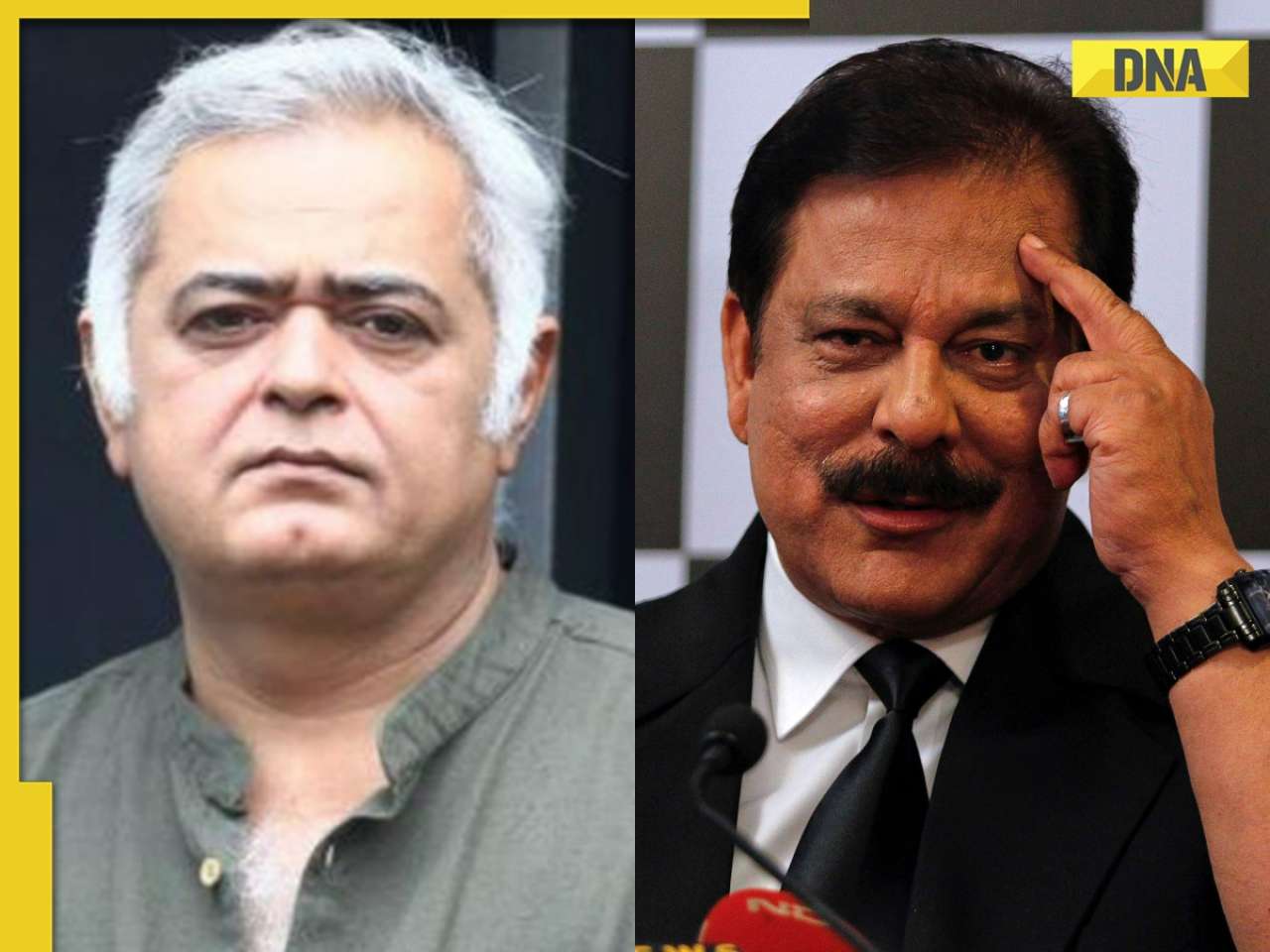

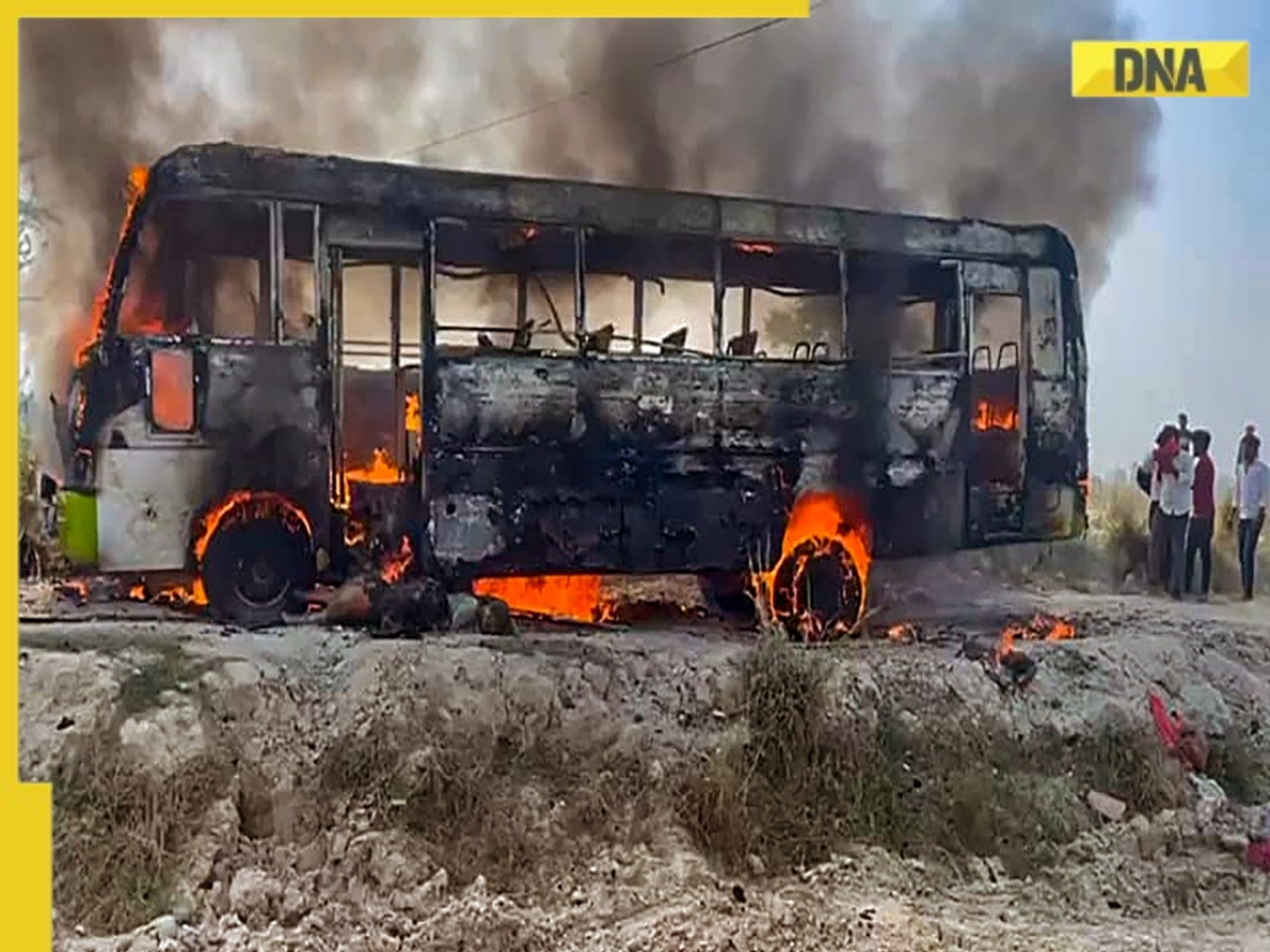


























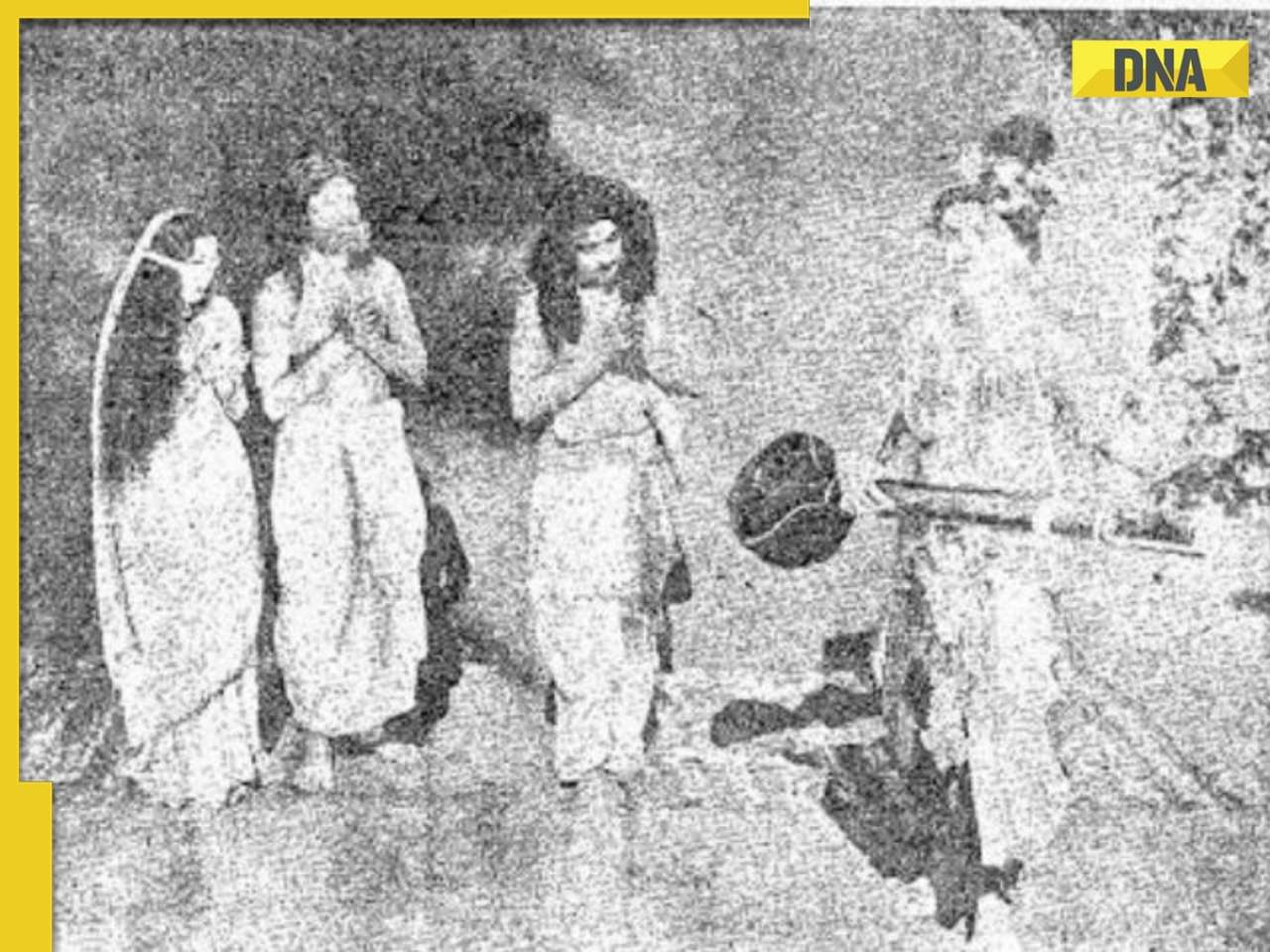


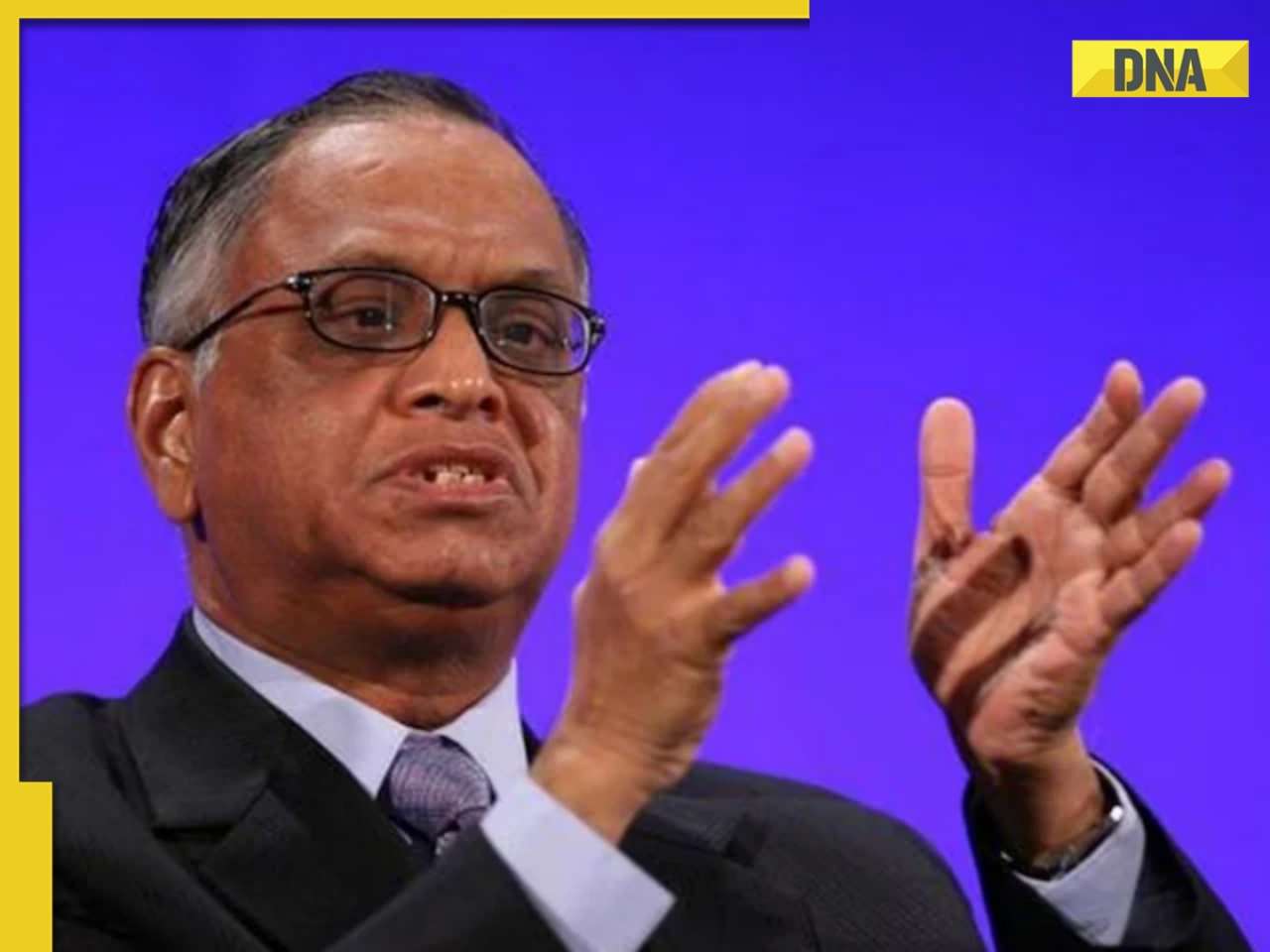
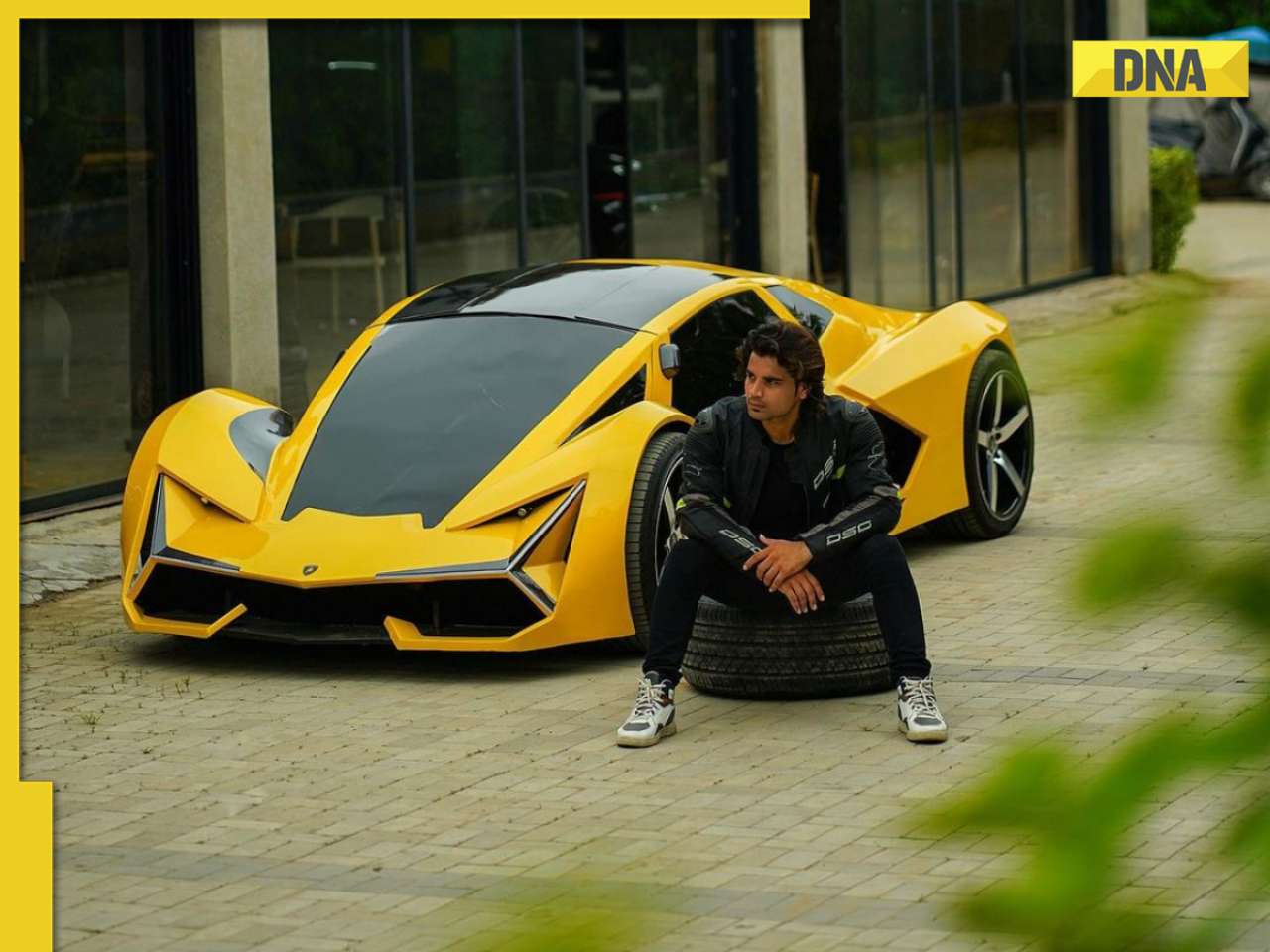



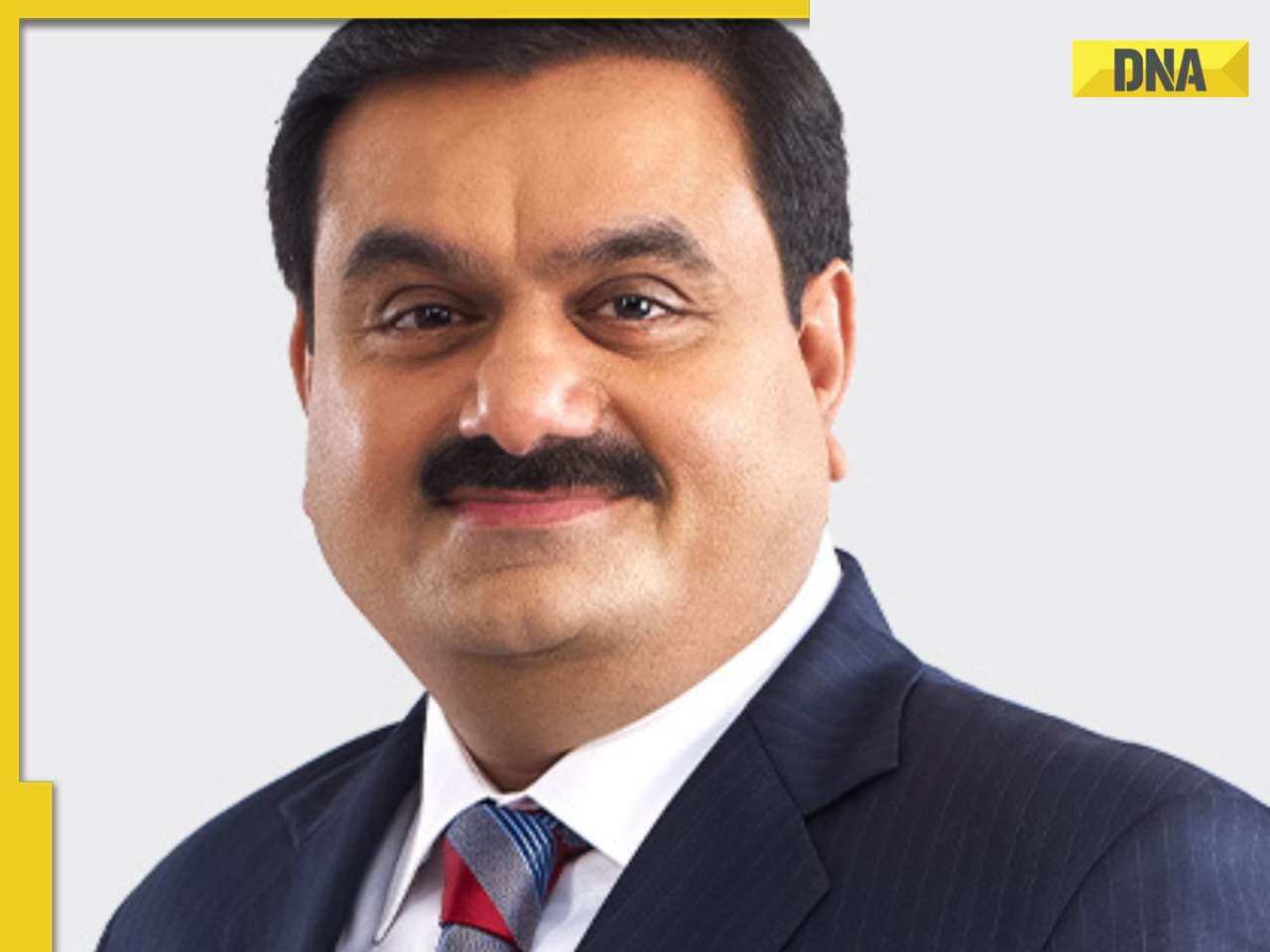









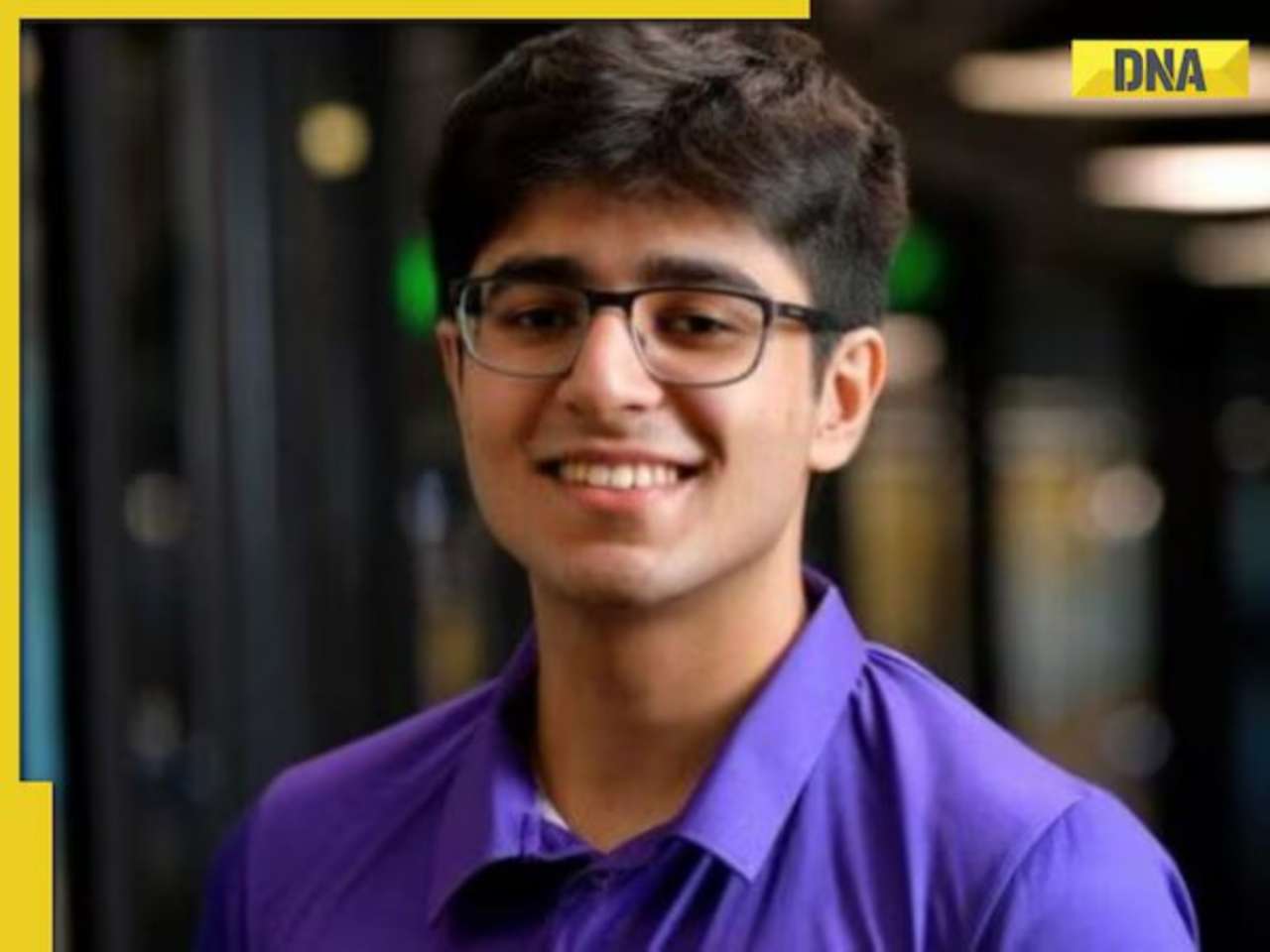






)
)
)
)
)
)